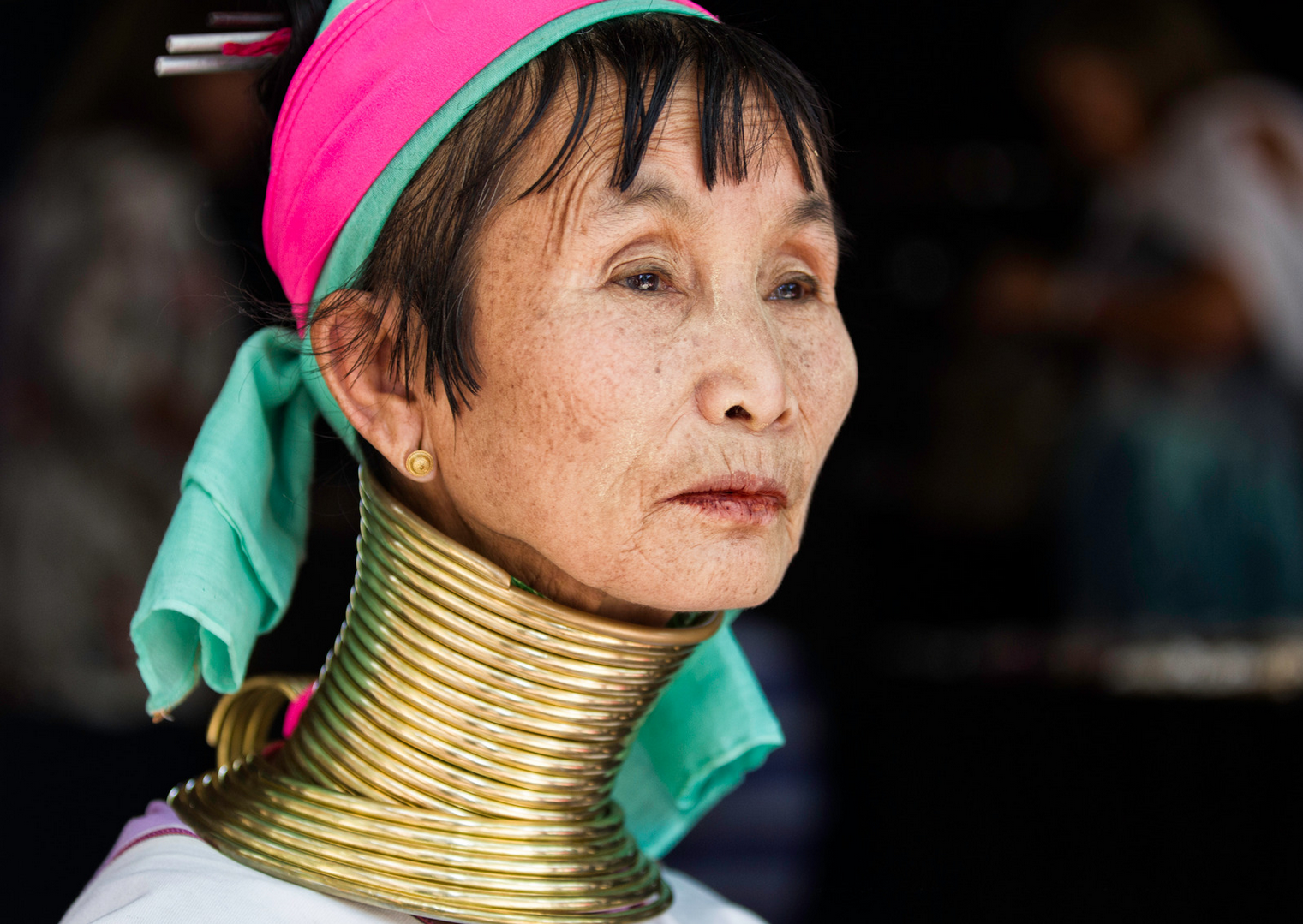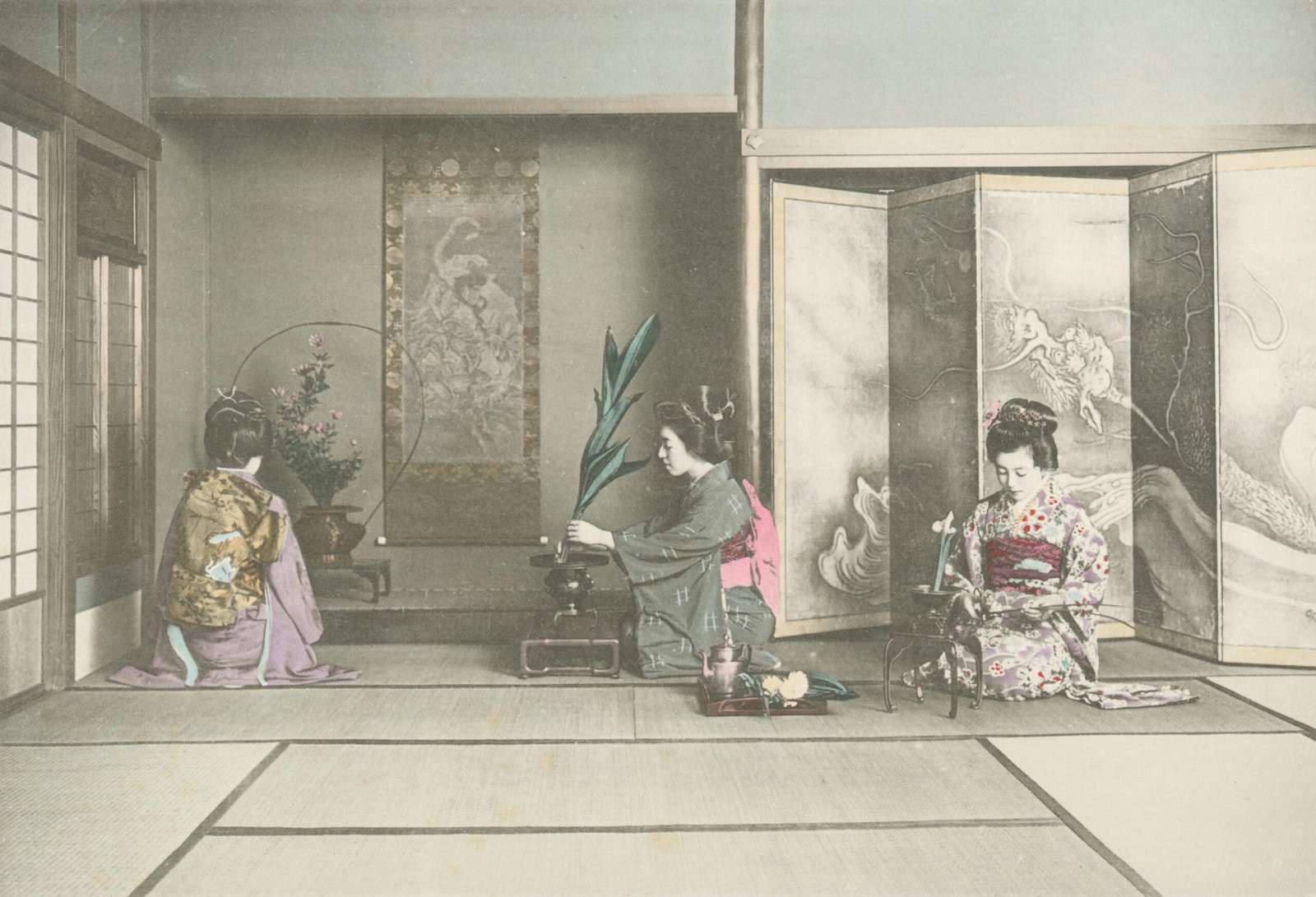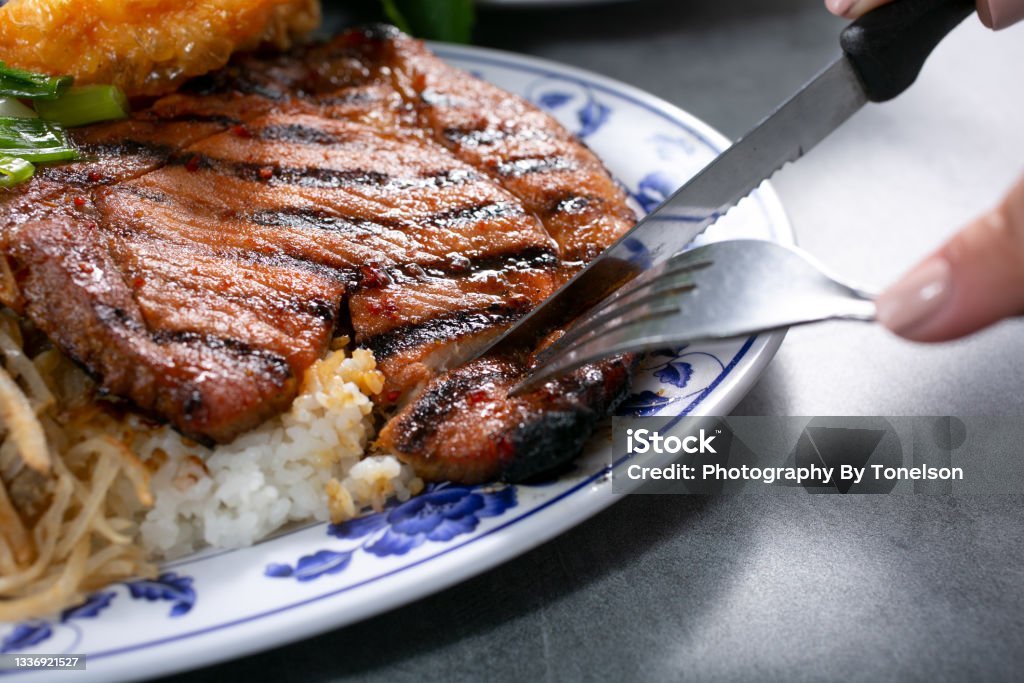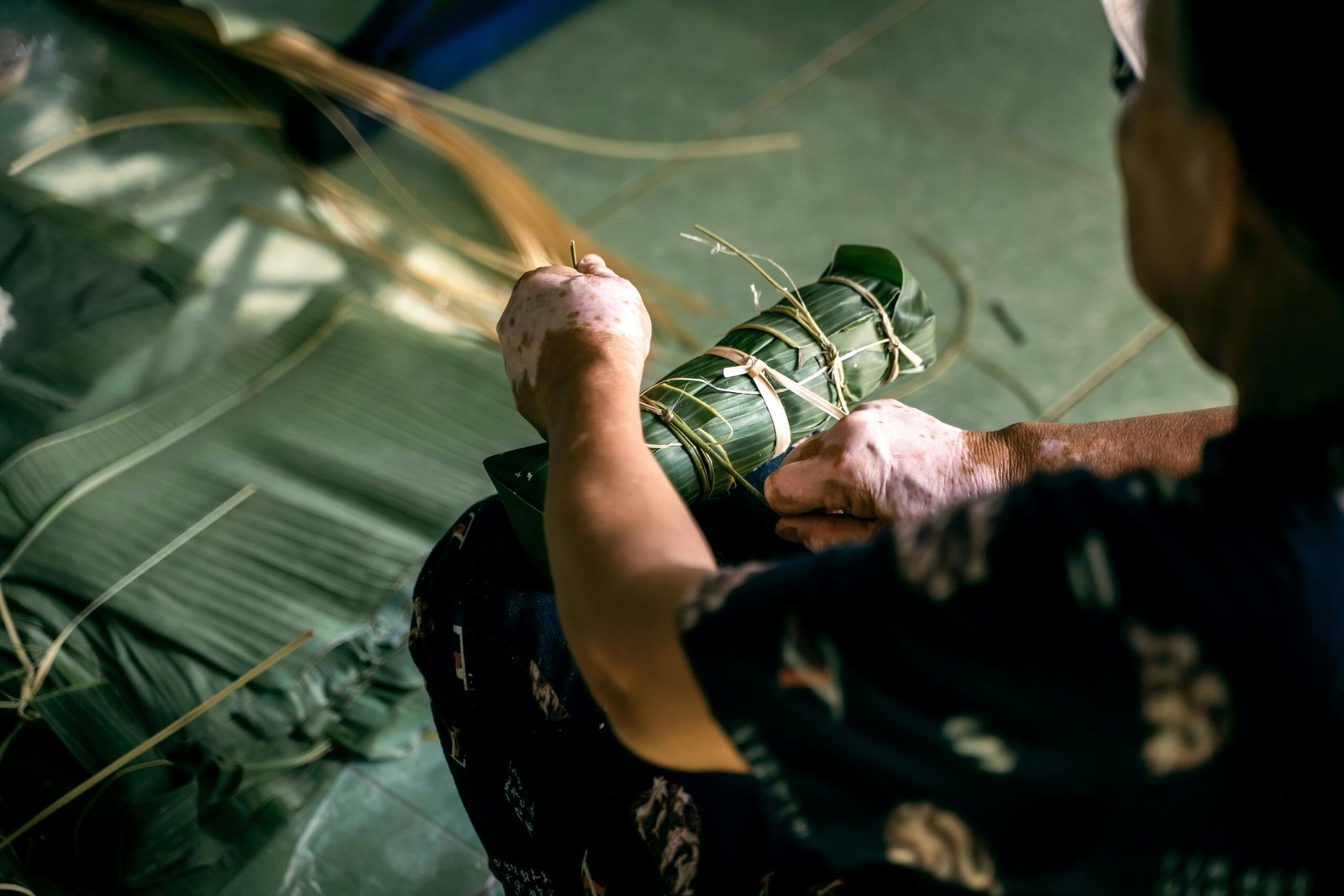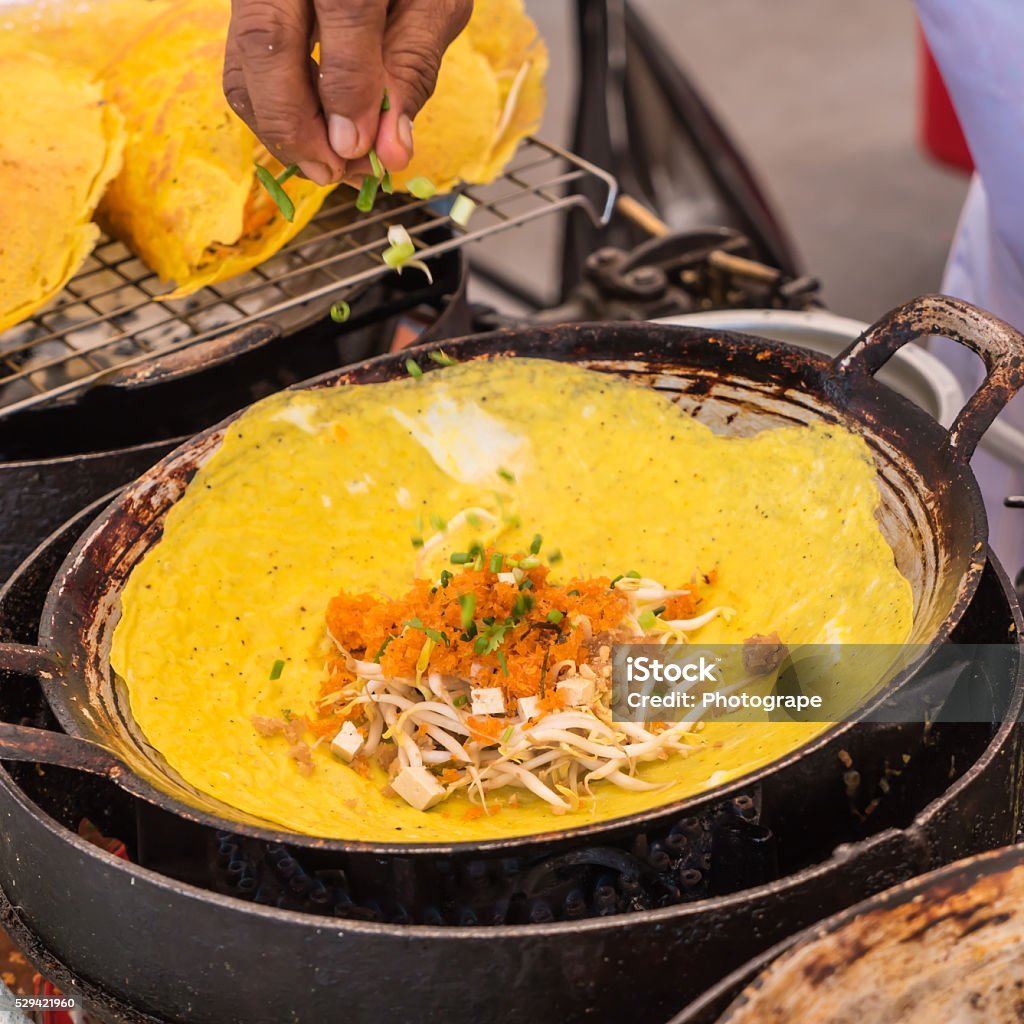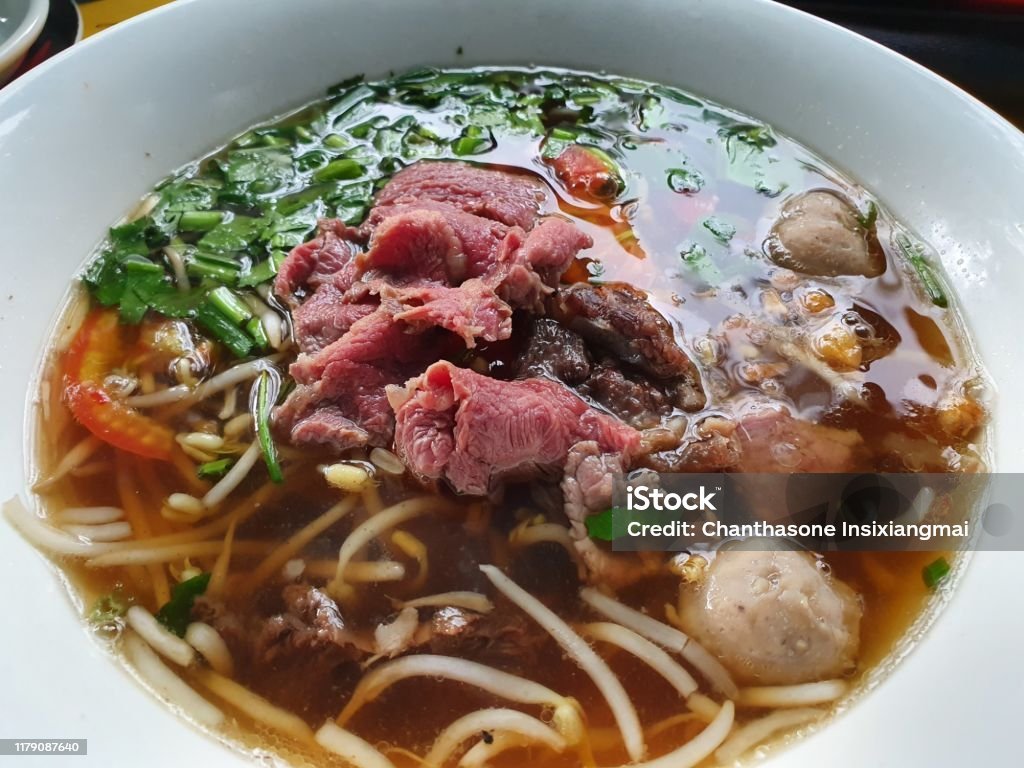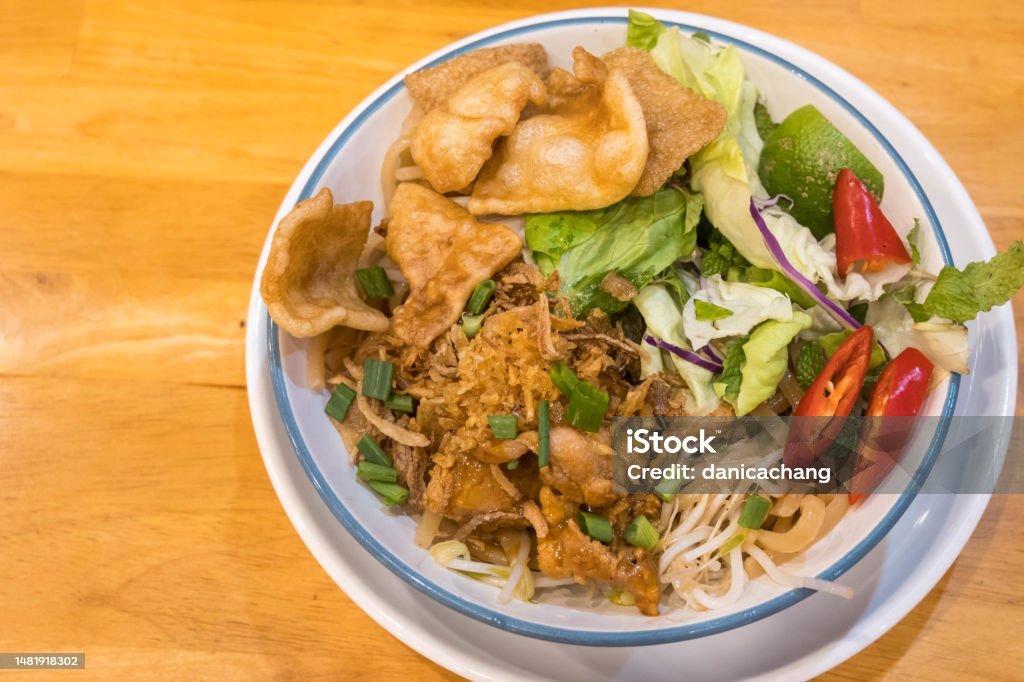
The fast-paced and dynamic character of contemporary Thai society is reflected in the daily routines of the youth. Their days are packed with various activities, including work, school, social interactions, leisure, technology use, & customs. Globalization, technological advancements, and a combination of traditional & modern values influence these practices. Young Thai people usually wake up early to cell phone alarms.
Key Takeaways
- Young Thais’ daily routines are heavily influenced by school, work, socializing, technology, and traditional practices.
- School and education play a significant role in the lives of young Thais, with long hours and high pressure to succeed.
- Work and employment are essential to young Thais, who often balance part-time jobs with their studies.
- Socializing and leisure activities are valued by young Thais, who enjoy spending time with friends and participating in hobbies and sports.
- Technology and media consumption are integral to the lives of young Thais, avid users of social media and digital entertainment.
They head to work or school after getting ready for the day and eating a quick breakfast. Class attendance, homework completion, and extracurricular activity participation are the three main facets of a student’s routine. Because academic achievement is highly valued in Thai society, many also attend extra tutoring or enrichment classes after school. For people who work, a typical day may consist of going to meetings, making work-related purchases, and traveling.
Young Thais frequently juggle several commitments and responsibilities throughout the day, regardless of their main line of work. Understanding these daily routines can help one better understand the opportunities & experiences that shape young Thai people’s lives in modern-day Thailand, as well as the difficulties & pressures they face. The drive for achievement. As they work to fulfill the expectations of their parents, teachers, and society, young Thais may experience high-stress levels due to the country’s intense focus on education. As a means of gaining better opportunities & securing a prosperous future, obtaining a higher education is paramount.

The Drive for Further Education. Because of this, students frequently devote a substantial amount of time & energy to getting ready for college entrance exams & submitting applications to esteemed universities. For some young Thais who are concerned about their future, this can be a taxing and anxiety-inducing experience. The Thai culture places a high value on education. Thai culture places a high value on education, so many young people are driven to excel in their academic endeavors despite these obstacles. The value that Thai society places on education is fundamental to the country & has a significant impact on how young people in Thailand live their lives.
The expectations of their employers and the demands of their jobs shape the daily routines of young Thais who have entered the workforce. Many young Thais labor long hours in highly competitive fields like manufacturing, technology, hospitality, and finance. Since hard work and dedication are highly valued in Thai workplaces, young workers may experience pressure to perform above and beyond expectations.
For some young Thais, this can result in an imbalance between work and life since they find it challenging to find time for personal interests and hobbies outside of work. As a means of creating opportunities and leaving their mark on the business world, young Thais have been increasingly inclined to pursue startups and entrepreneurial endeavors in recent years. Because of this entrepreneurial spirit, more coworking spaces and networking events are available for young professionals who want to meet other like-minded people.

Many young Thais are determined to forge their career paths and follow their passions in the workplace despite the difficulties of navigating the competitive job market. Young Thais schedule socializing & leisure activities around their academic & professional obligations. A large portion of Thai culture revolves around socializing with friends and family, & many young Thais take pleasure in sharing meals and leisure activities with their loved ones. Young Thais can relax and form connections with people around them by socializing with others, whether dining out at a neighborhood restaurant, going to a mall, or participating in cultural events. To unwind and rejuvenate themselves after a demanding day, young Thais partake in an array of recreational pursuits in addition to socializing.
While some people find that playing sports like badminton or football helps them decompress, others find that yoga or meditation work better. Young Thais have become more interested in health and fitness due to the rise of wellness trends, and many are opting to enroll in gyms or fitness classes to maintain a healthy lifestyle. Young Thais seeking enjoyment and entertainment also frequently engage in popular leisure activities like playing video games, watching movies, & going to concerts. Since young Thais are significant digital media users & depend on technology for communication and entertainment, technology plays a big part in their everyday lives. Young Thai people are accustomed to using smartphones to stay in touch with friends via social media sites like Facebook, Instagram, and Line.
Young Thais use their smartphones not only for social networking but also for playing mobile games, streaming music & videos, & getting news and information. Young Thais are content consumers on other digital platforms, including streaming services, online news portals, and video-sharing websites, so digital media’s impact goes beyond smartphones. Popular Western television series, Japanese anime, & Korean dramas have created a varied media environment that young Thais can enjoy. In addition, the emergence of influencer culture has spurred the production of more content on websites like YouTube and TikTok, where young Thais can interact with others who share their interests and express themselves creatively. Using festivals & rituals to preserve cultural heritage. Young Thais still find great significance in cultural and traditional practices, even in the face of modernity and globalization.
People of all ages, including young Thais, celebrate Thai holidays like Songkran (Thai New Year) and Loy Krathong enthusiastically, engaging in customs and festivities. Also, many young Thais observe religious practices significant to Thai culture, such as making merit at temples or participating in Buddhist ceremonies. Thai culture places a high value on traditional cuisine. Traditional Thai cuisine also influences young Thais, as they frequently eat meals featuring regional flavors and ingredients.


Food is an essential component of Thai culture that unites people, whether it’s enjoying street food favorites like pad thai or som tam or tasting local dishes from various regions of Thailand. Encouraging the preservation of culture through institutions & education. Also, cultural institutions & educational initiatives that pass on these heritage practices to future generations help to preserve traditional arts like Thai music, dance, & crafts. Even with the opportunities at their disposal, young Thais deal with a variety of difficulties & demands that affect their daily schedules. Stress & anxiety are every day among students who want to achieve academic excellence because of the competitive nature of the educational system. The pressure to find steady employment and develop successful careers can be highly daunting for young professionals entering the workforce.

Also, young Thai people may experience significant societal pressure to fulfill their family responsibilities and pursue personal goals as they make their way through life. Also, among young Thais, the quick pace of technological advancements and digital media consumption may result in problems like information overload and social media addiction. For some people, juggling technology demands with preserving deep relationships with others can be difficult. In addition, young Thais who wish to embrace change and respect their heritage face unique difficulties in maintaining cultural traditions in the face of modernity.
Conclusively, many factors such as education, employment, socializing, technology usage, cultural customs, & the difficulties & demands they encounter mold the everyday lives of young Thais. Knowing these daily rituals offers essential insight into the experiences and goals of young Thai people attempting to balance their cultural ties with the demands of modern life.

